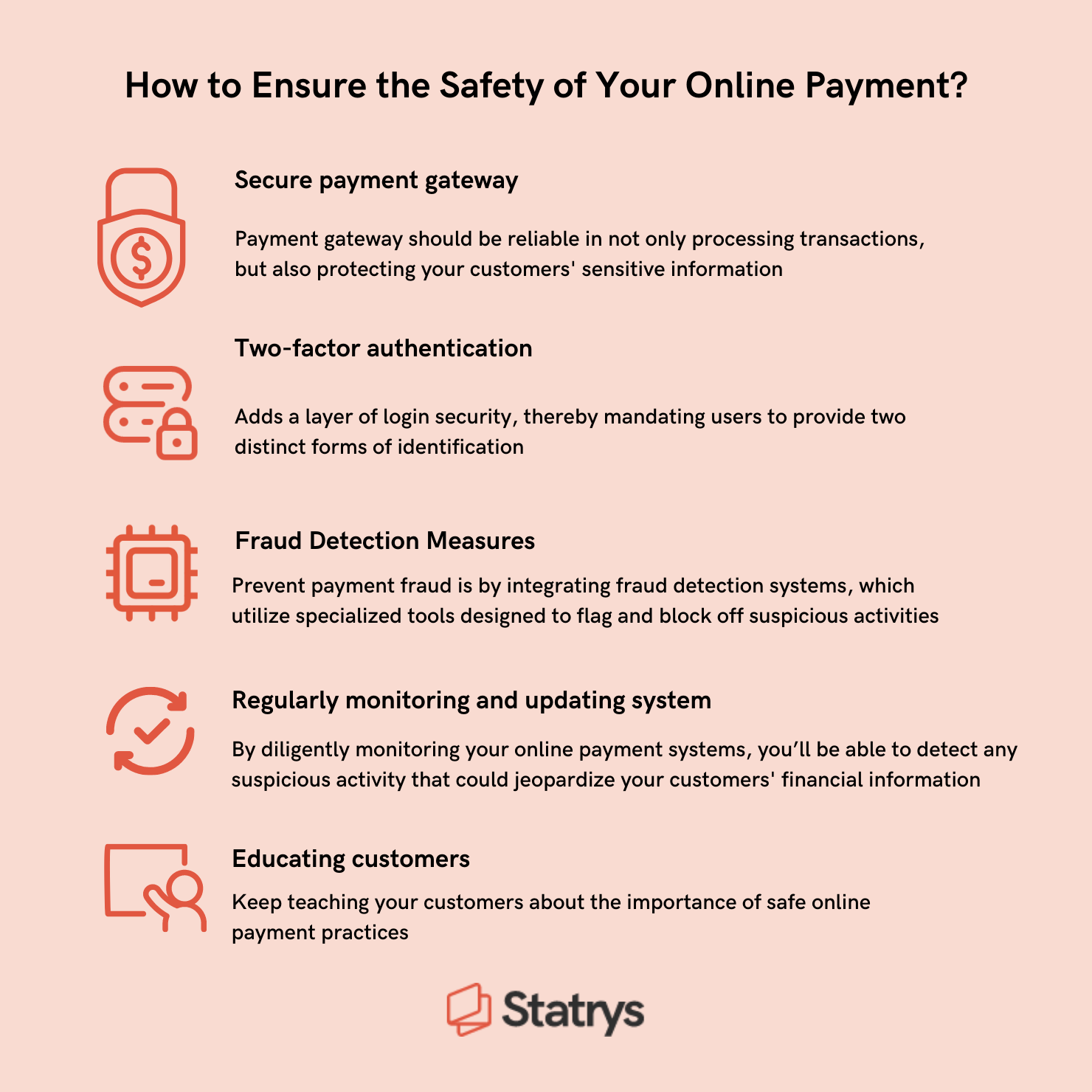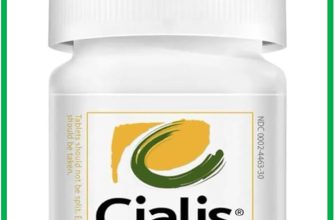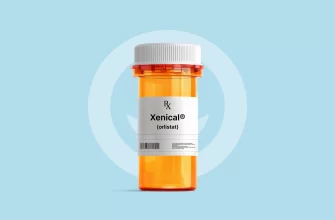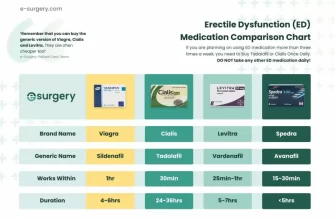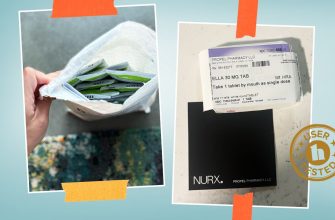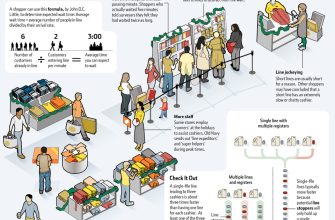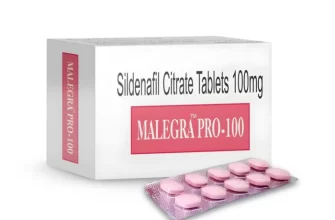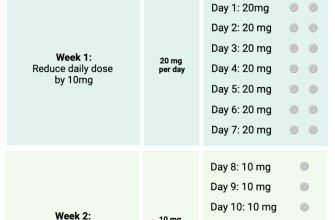Prioritize pharmacies with robust security measures. Look for sites using HTTPS (the padlock icon in your browser’s address bar) and verified certifications, like McAfee Secure or Norton Secured. This indicates the site employs encryption to protect your data during transmission.
Verifying Pharmacy Legitimacy
- Check the pharmacy’s license and registration with relevant authorities. Many countries have online registries. Read independent reviews and testimonials from other customers. Be cautious of overwhelmingly positive reviews; they can be fake. Contact the pharmacy directly via phone or email to verify their details. Legitimate pharmacies are usually happy to answer questions. Be wary of sites offering unbelievably low prices or requiring unusual payment methods.
Use secure payment methods. Credit cards and PayPal offer buyer protection programs in case of fraud. Avoid wire transfers or prepaid debit cards, as these methods offer limited recourse if something goes wrong.
Protecting Your Personal Information
Only use strong, unique passwords. Avoid using the same password for multiple accounts. Keep your anti-virus software updated and run regular scans. Malware can steal your personal and financial information. Check your bank and credit card statements regularly for unauthorized transactions. Be extremely cautious about phishing emails or suspicious links. Legitimate pharmacies will never ask for your personal information via email.
Understanding Privacy Policies
Review the pharmacy’s privacy policy carefully. Understand how they collect, use, and protect your data. Look for policies that comply with relevant data protection regulations like HIPAA (in the US) or GDPR (in Europe).
Reporting Issues
Report any suspicious activity or fraudulent transactions immediately to your bank, credit card company, and the appropriate authorities. Document all communication and transactions.

